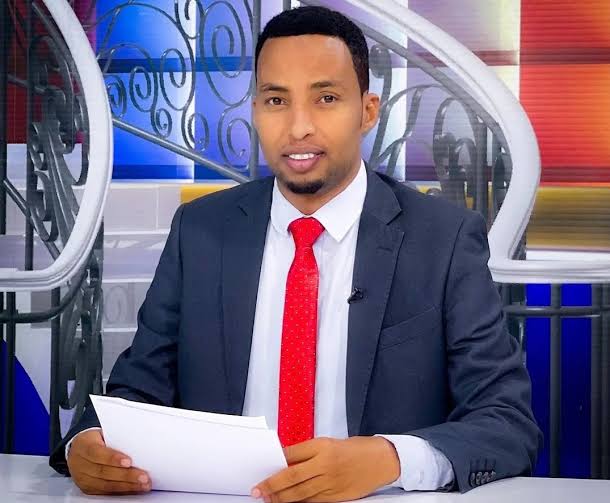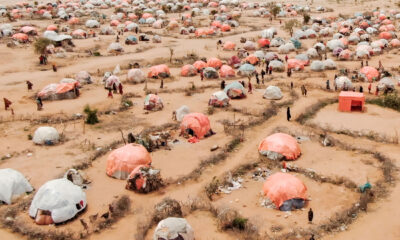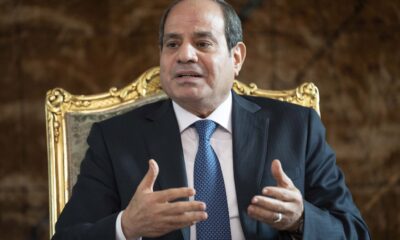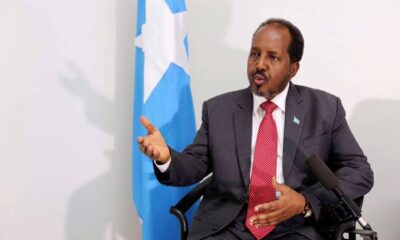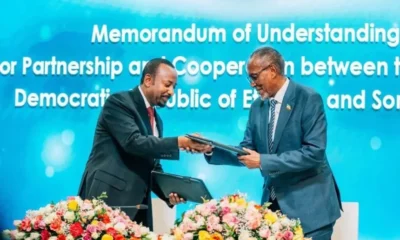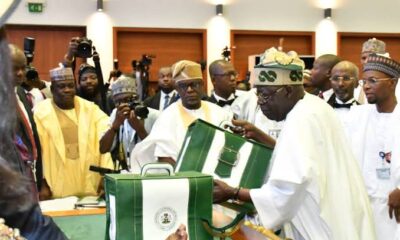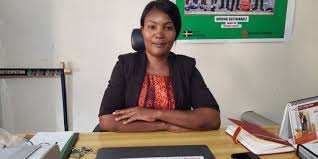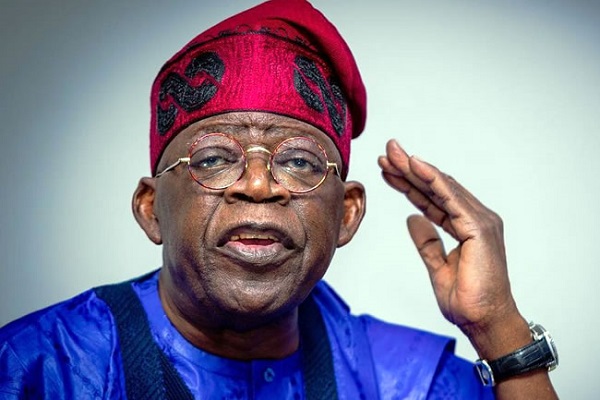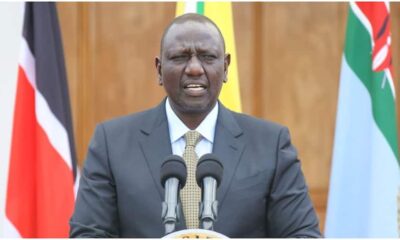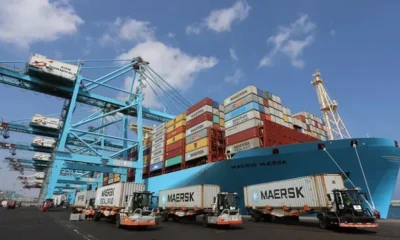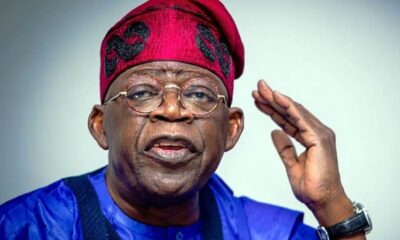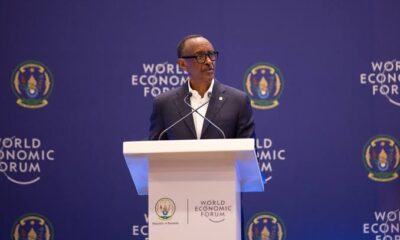A prominent Somali television journalist, Abdifatah Moalim Nur Qeys has been killed in a suicide bombing attack on Monday evening at a restaurant in the capital Mogadishu, the police said in a statement on Tuesday.
The police statement said Qeys, who was a director at the Somali Cable Television, was fatally injured in the explosion at Blue Sky restaurant near the national museum. Al-Shabab militants claimed the attack via their telegram channel.
“At around 21:00, a Khawarij suicide bomber detonated explosives on people who were having tea outside the Blue Sky restaurant in Bondhere district,” police in Mogadishu said in a brief statement.
Khawarij, or “deviants,” is a term the government uses to refer to al-Shabab.
“In the tragic incident on Monday evening, a suicide bomber struck a popular restaurant in Mogadishu, resulting in multiple casualties. Among those affected was Abdifatah Moalim Nur Qeys, the director of the Mogadishu branch of Somali Cable Television, who lost his life in the attack at the Blue Sky restaurant,” the statement said.
“The restaurant situated near the National Museum and the heavily fortified presidential palace, Villa Somalia, had previously been targeted by a suicide bomb in 2020, resulting in three fatalities and seven injuries. The recent attack left four other individuals injured.
“Security forces provided assistance to those impacted by the attack. There is an ongoing investigation, and any updates will be shared with the public,” the police added.
The Al-Shabab militant group, in claiming responsibility for the devastating blast, stated in the Telegram message that a suicide bomber was behind the attack
The National Union of Somali Journalists (NUSOJ), in a statement condemning the attack, said it was “deeply shaken by the senseless and brutal killing of Qeys, the director of the privately owned Somali Cable Television.’
“His remarkable career and unwavering dedication have left an indelible mark on Somali journalism, inspiring countless young journalists to strive for excellence”.
Qeys is the first Somalian journalist to be killed this year in a suicide bombing.
In October last year, another journalist, Mohamed Isse Hassan was among more than 100 people killed in twin car bombings in Mogadishu. A month earlier, a reporter with state-owned Somali National Television, Ahmed Mohamed Shukur, was killed by a landmine near the capital.
The Somali Cable Television station also confirmed Qeys’ death in a Facebook post.
“He was pronounced dead after we brought him to Recep Tayyip Erdogan hospital,” Abdishakur Mohamed Mohamud, who was among the journalists who took Qeys to the hospital, said.
“He had shrapnel on the upper part of his body,” he told VOA Somali.

 Behind the News24 hours ago
Behind the News24 hours ago
 Politics1 day ago
Politics1 day ago
 Musings From Abroad1 day ago
Musings From Abroad1 day ago
 VenturesNow1 day ago
VenturesNow1 day ago
